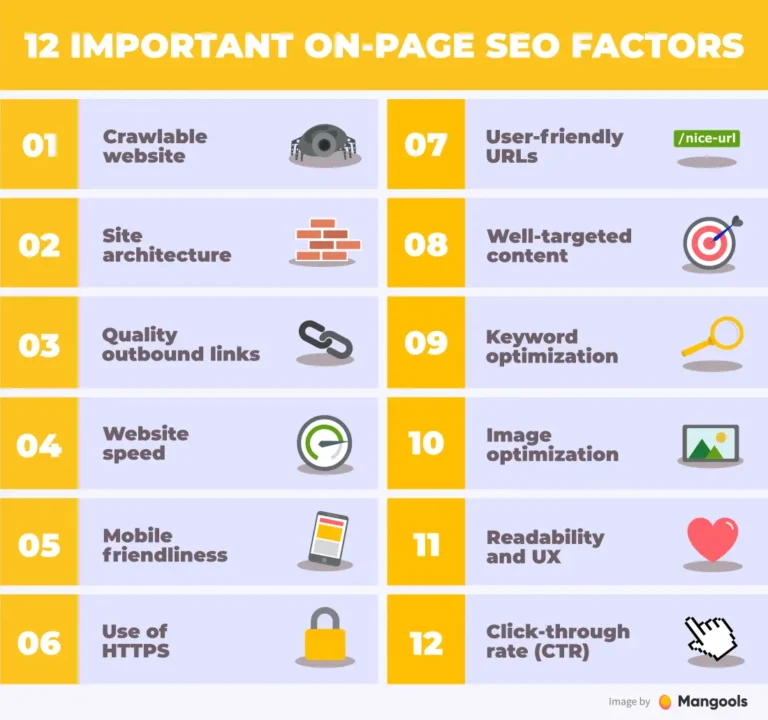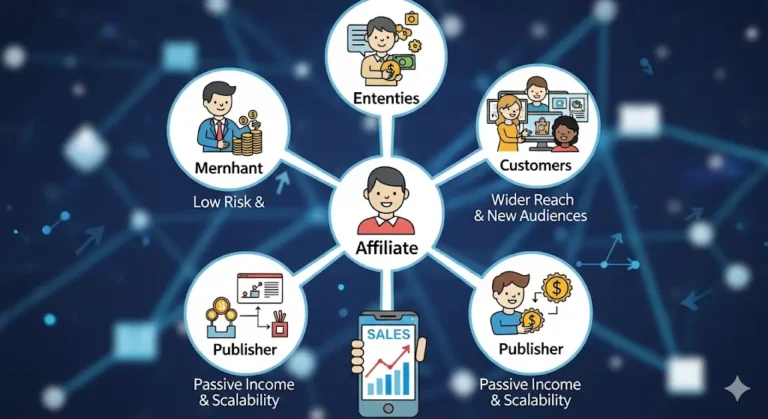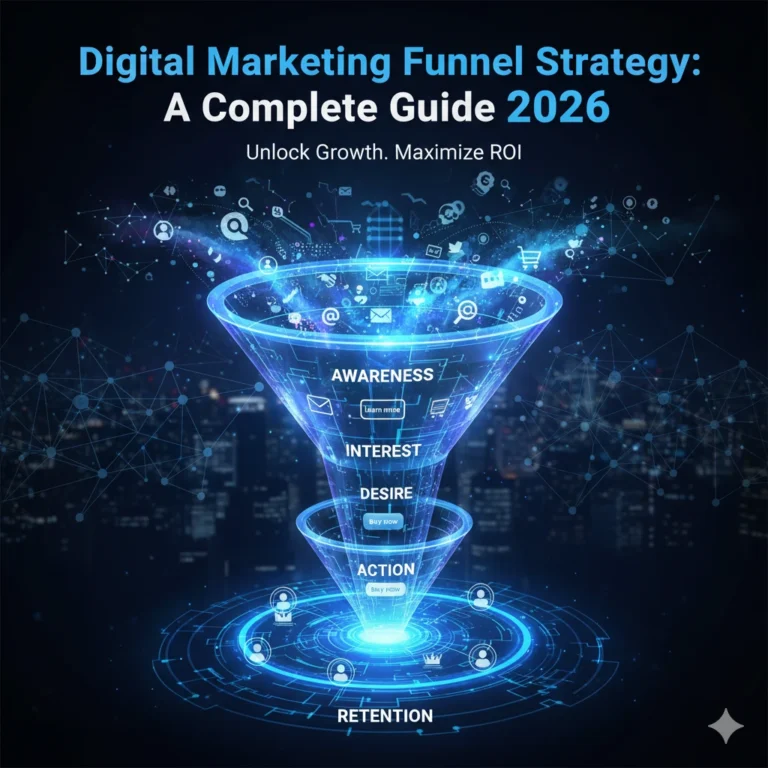Search Engine Optimization Meaning & Key Benefits Explained
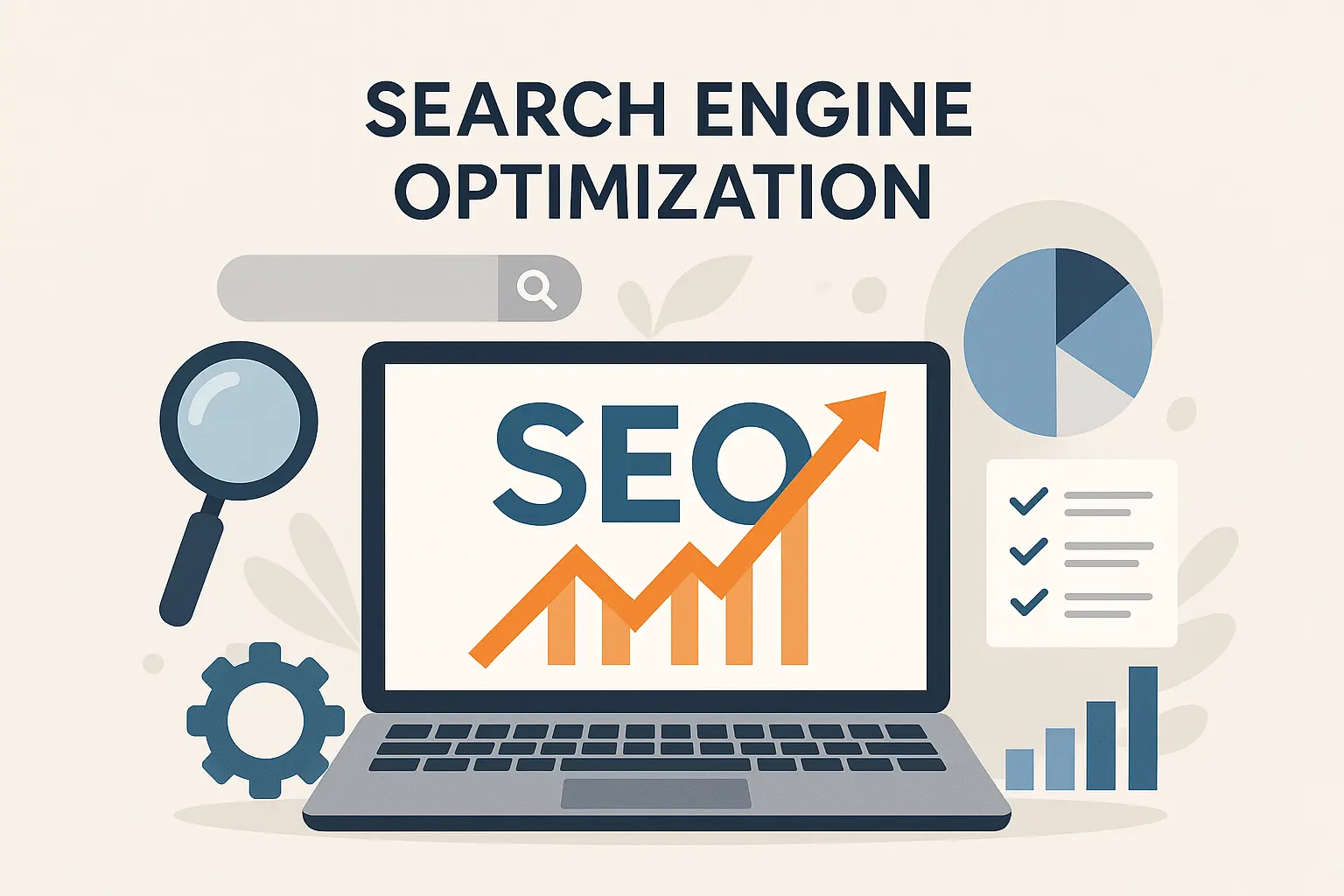
Search engine optimization meaning is more than just a buzzword—it’s the backbone of online visibility and digital growth. By optimizing your website for search engines, you can improve rankings, drive quality traffic, and achieve long-term business success. In this article, we’ll dive into what SEO truly means, explore search engine optimization benefits, and uncover why it’s essential for businesses today.
What is Search Engine Optimization?
SEO refers to the process of enhancing a website’s visibility on search engines like Google. It involves optimizing on-page content, technical elements, and off-page signals to make your website more attractive to both users and search engines.
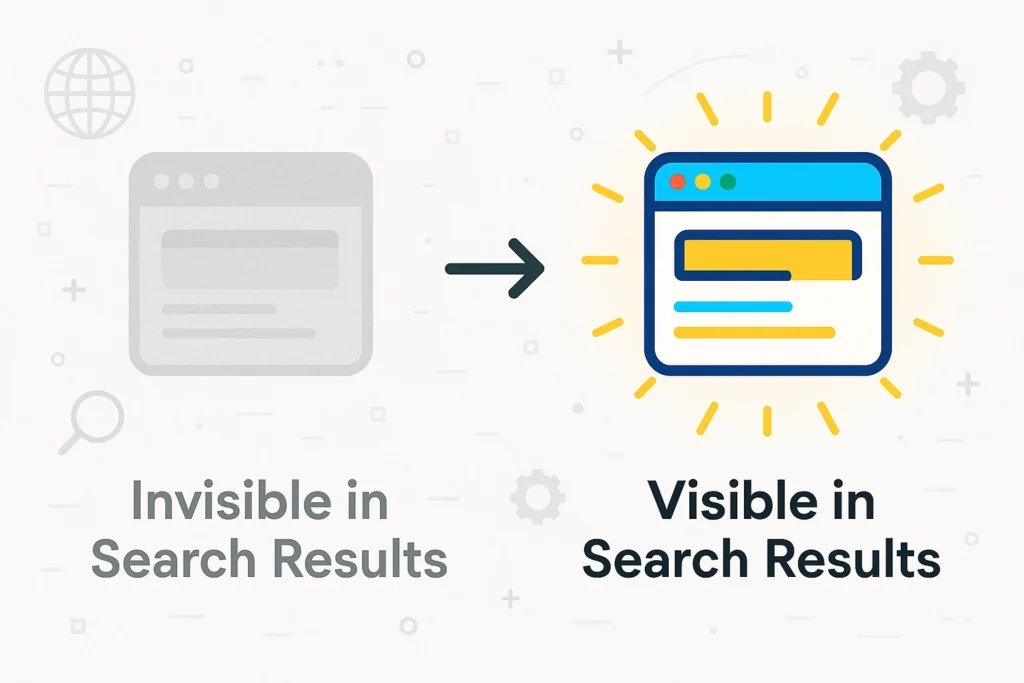
Why Search Engine Optimization Matters for Businesses?
In today’s digital-first world, having a website isn’t enough. Without SEO, your potential customers may never find you. SEO ensures your business stands out when people search for products or services you offer.
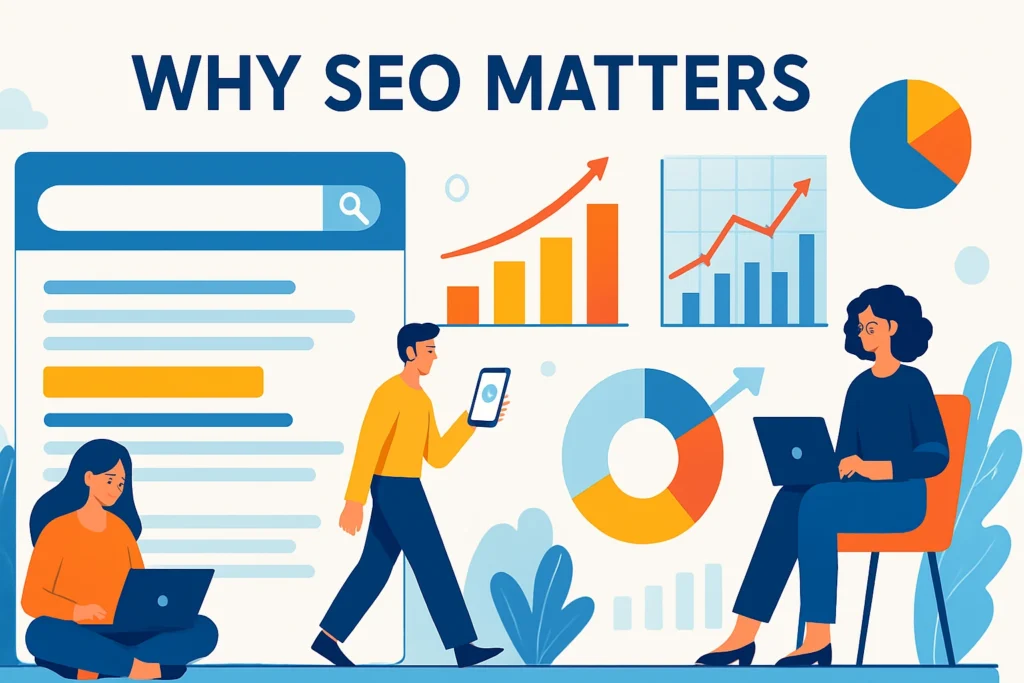
Core Elements of SEO
To understand SEO meaning clearly, you need to look at its core elements:
- On-Page SEO: Optimizing website content, titles, meta tags, and keywords.
- Off-Page SEO: Building backlinks and improving domain authority.
- Technical SEO: Ensuring website speed, mobile-friendliness, and crawlability.
- Content SEO: Creating high-quality, user-focused content that adds value.
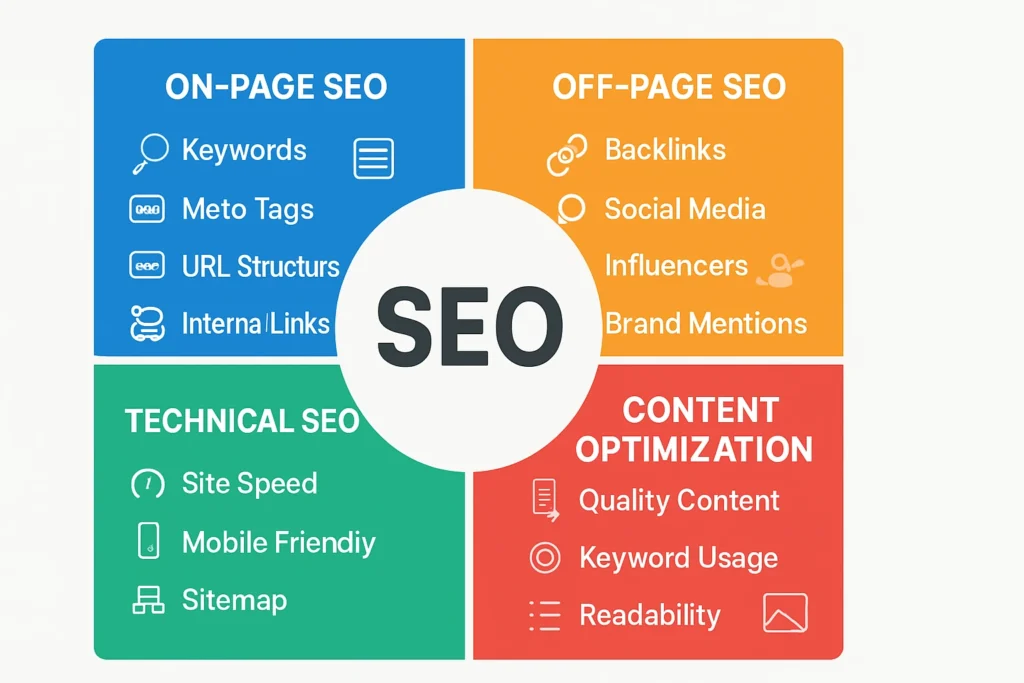
Search Engine Optimization Benefits
There are countless search engine optimization benefits for businesses, including:
- Increased Organic Traffic: SEO helps your site rank higher, driving more visitors.
- Cost-Effective Marketing: Unlike paid ads, SEO brings sustainable results.
- Improved User Experience: Faster, mobile-friendly websites delight users.
- Brand Credibility: High rankings build trust and authority.
- Long-Term ROI: SEO compounds over time, generating lasting results.
How Search Engines Work
Search engines crawl, index, and rank websites. Understanding this process helps clarify SEO meaning. When your website is optimized, search engines can easily understand and rank it for relevant keywords.
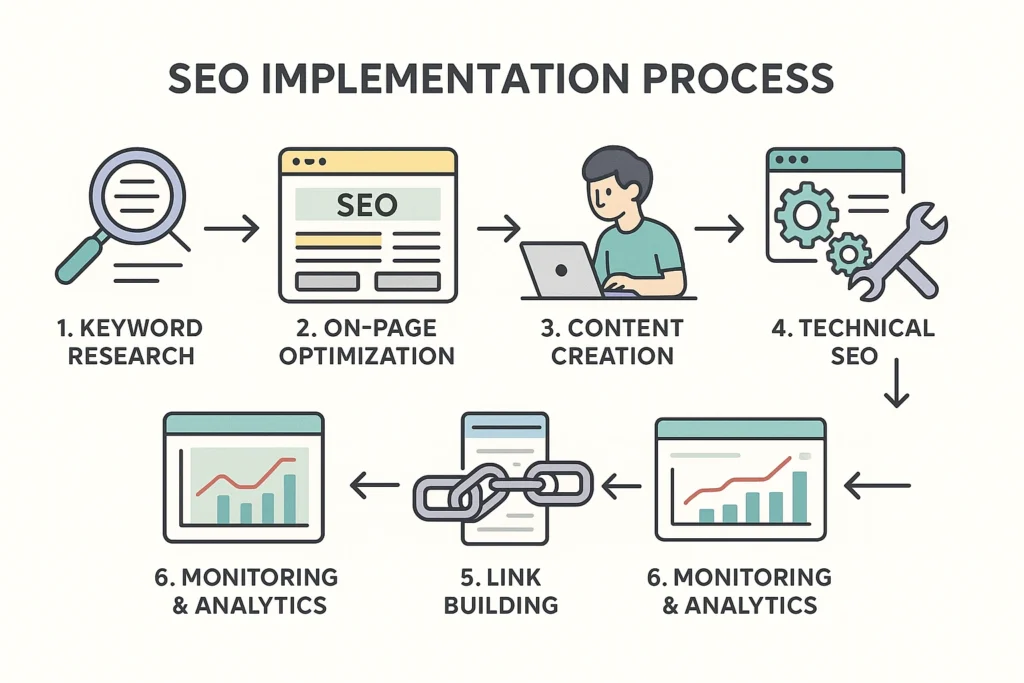
Common SEO Techniques
To reap SEO, here are proven techniques:
- Keyword Research and Placement
- Optimized Meta Tags & Descriptions
- Internal Linking Strategy
- High-Quality Backlinks
- Mobile Optimization
- Content Updates

The Role of Content in SEO
Content is the heart of SEO. A website with meaningful, keyword-optimized, and user-friendly content is more likely o rank higher. Content also helps in conveying the right SEO meaning to your audience.
Measuring SEO Success
To understand the true SEO benefits, businesses must track success using tools like:
- Google Analytics
- Google Search Console
- SEMrush
- Ahrefs
Metrics such as organic traffic, bounce rate, and keyword rankings reveal your SEO growth.
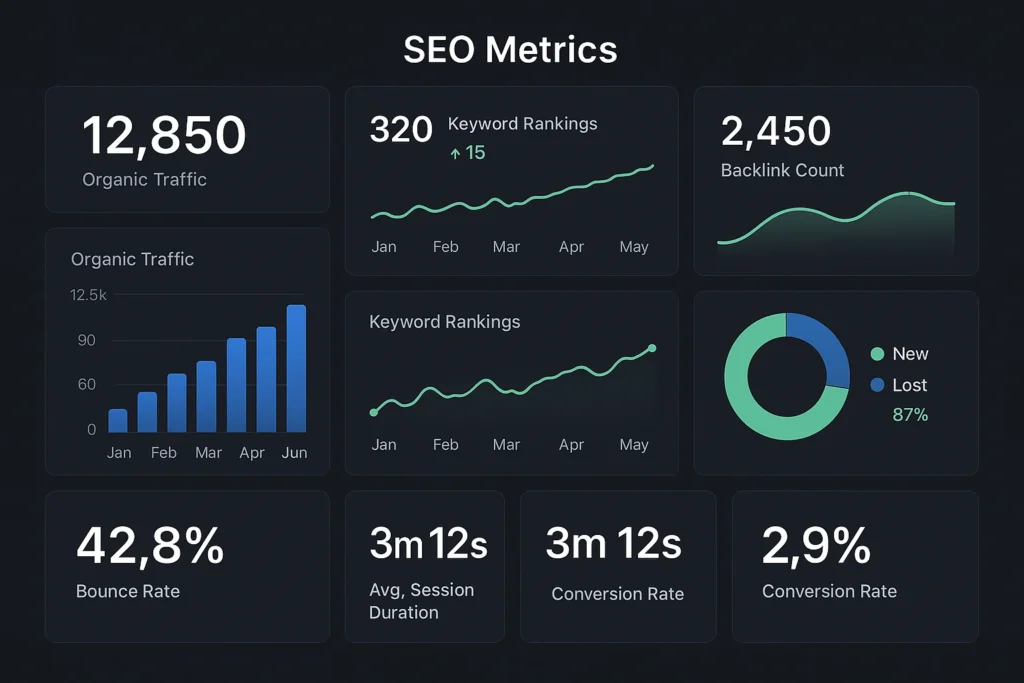
Challenges in SEO
SEO isn’t without challenges:
- High competition
- Constant algorithm updates
- Time to see results
However, with consistent strategies, these hurdles can be overcome.
Future of SEO
With AI and voice search, the future of SEO is evolving. Understanding SEO meaning will help businesses adapt to upcoming trends and maintain visibility.
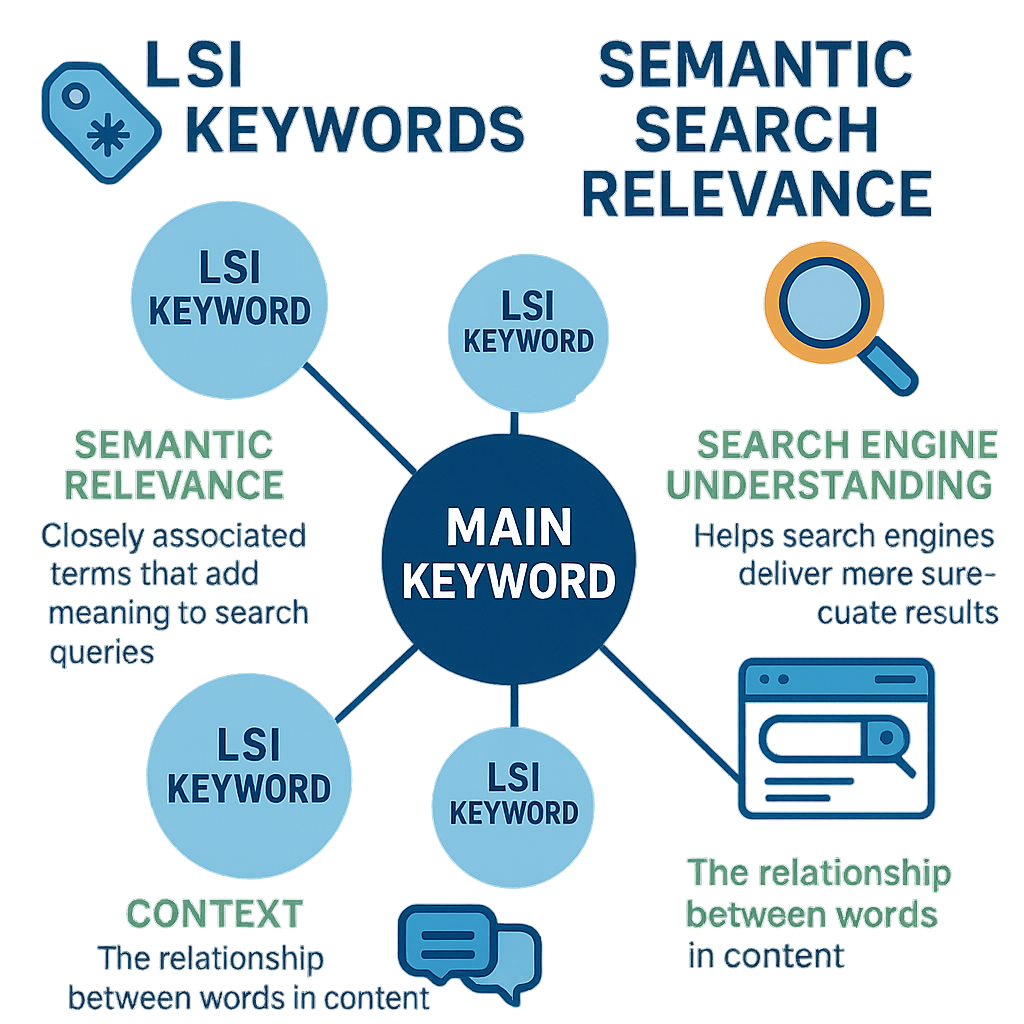
Conclusion
it’s about building visibility, credibility, and long-term growth. With the right strategies, the search engine optimization benefits can transform your digital presence and help you outperform competitors.
What is the true meaning of search engine optimization (SEO)?
Search engine optimization (SEO) means improving a website’s visibility in search engines by optimizing content, structure, and technical elements to attract organic traffic.
Why is SEO important for businesses today?
SEO helps businesses get discovered online, drive qualified traffic, build credibility, and achieve long-term growth without relying only on paid ads.
How long does SEO take to show results?
SEO is a long-term strategy. Typically, noticeable results can take 3–6 months, depending on competition, keyword difficulty, and content quality.
What are the main benefits of SEO?
SEO benefits include increased organic traffic, better brand credibility, cost-effective marketing, improved user experience, and long-term ROI.
What is the difference between on-page and off-page SEO?
On-page SEO focuses on optimizing website content, keywords, and meta tags, while off-page SEO involves link building, brand mentions, and improving domain authority.
Can small businesses benefit from SEO?
Yes. Local SEO strategies can help small businesses rank in local searches, attract nearby customers, and compete with bigger brands.
What role does content play in SEO?
High-quality, keyword-optimized, and user-focused content is the backbone of SEO. It helps search engines understand your site and provides value to visitors.
Is SEO better than paid advertising?
Paid ads give instant results but stop once the budget ends. SEO is slower but provides sustainable, long-term visibility and credibility.

